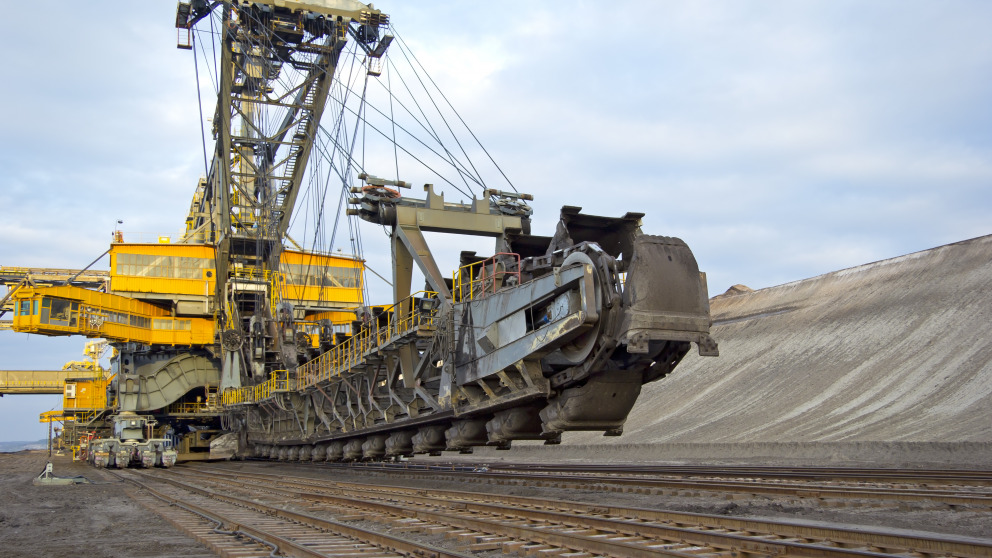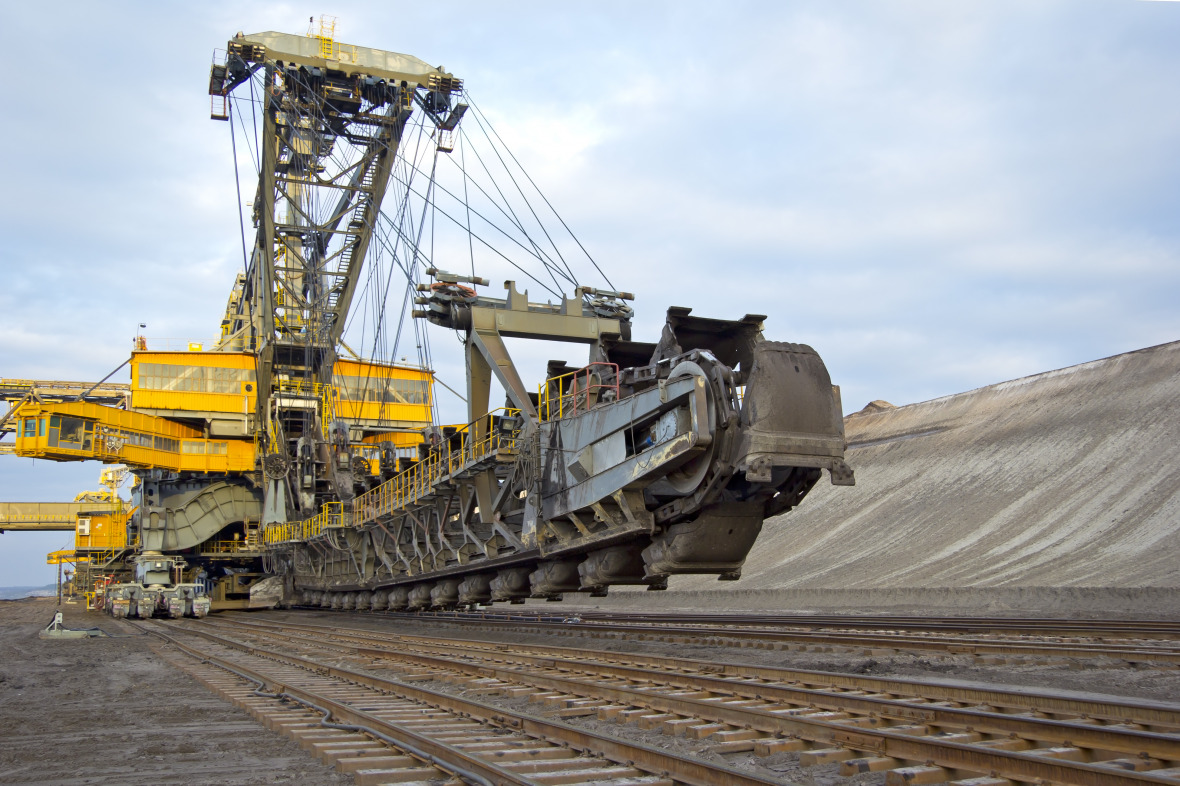Headline:
Opencast Lignite Mining: Study Urges Political Action to Secure Funding to Address Long-term Impacts

Vattenfall, RWE, and MIBRAG are failing to set aside the financial reserves necessary to remedy the environmental impacts of opencast lignite mining. Unless authorities act, tax payers and federal states could be left to foot the bill for the long-term impacts of opencast lignite mining. This is the key message of a new study prepared by Green Budget Germany (FÖS) and the IASS, and commissioned by Climate-Alliance Germany, Friends of the Earth Germany (BUND), the Heinrich Böll Foundation, and the Rosa Luxemburg Foundation. The study also highlights the lack of transparency surrounding the companies’ calculations of the costs associated with clean-up operations and the financial reserves that will be necessary and notes that these calculations have not been subjected to an independent review. Companies like RWE and Vattenfall could potentially fail to set aside sufficient funds as a consequence.

The fact that the mine operators are not required to ring-fence financial reserves set aside for land reclamation also poses a risk. A downturn in their performance could result in shortfalls the funding necessary to reclaim land and address environmental harms following the closure of mining operations. And the current outlook for these coal companies is not a promising one. RWE is in deep financial trouble and Vattenfall is seeking to sell off its lignite mining operations to investment company EPH. Given these recent these developments, there is a considerable risk that energy companies will be unable to cover the full cost of remedying the harms that they have caused. “Particularly in the light of the sale of Vattenfall’s lignite operations, we must ensure that corporations, if they enter into insolvency, will still be held liable over the longer term”, said FÖS energy expert Swantje Fiedler.
The authors of the study are calling for an independent report to investigate potential risks and assess the probable cost of restoring, monitoring and managing the sites of former opencast mines. “The long-term cost of lignite mining must be the subject of a detailed and independent report and the companies’ financial reserves subjected to a transparent and public review”, said Dominik Schäuble from the IASS.
One measure that states could immediately undertake to safeguard against funding shortfalls would be to instruct mining authorities to retain reclamation bonds from operators. These bonds could be secured in the form of bank guarantees or appropriate insurance agreements, both of which are protected against insolvency. In addition, the study recommends that operators be required to pay into a public fund to be established for the special purpose of financing the costs of reclamation and follow-up measures. The establishment of a public fund would ensure transparency and guarantee the security of the deposits.
The organisations that commissioned the study warned that coal mining companies are attempting to evade their responsibilities. Under current legislation, taxpayers could well be left to foot the bill if coal companies were forced to restructure their operations or were facing severe financial difficulties or bankruptcy. With RWE choosing to abstain from distributing shareholder dividends and Vattenfall compelled to inject 1.7 billion euros into its lignite operations in order to secure their sale, Germany’s federal and state governments would be unwise to ignore this issue. In some instances, public funds are already being used to cover the cost of mine reclamation operations. The broader implications and financial costs associated with long-term impacts such as water contamination or unexpected damage caused by rising groundwater have not been precisely quantified or studied in depth to date. The federal government and state governments in North Rhine-Westphalia, Brandenburg, and Saxony must take appropriate steps to safeguard against funding shortfalls.
Link:
- Study “Finanzielle Vorsorge im Braunkohlebereich” (Financial Foresight in the Lignite Sector)
